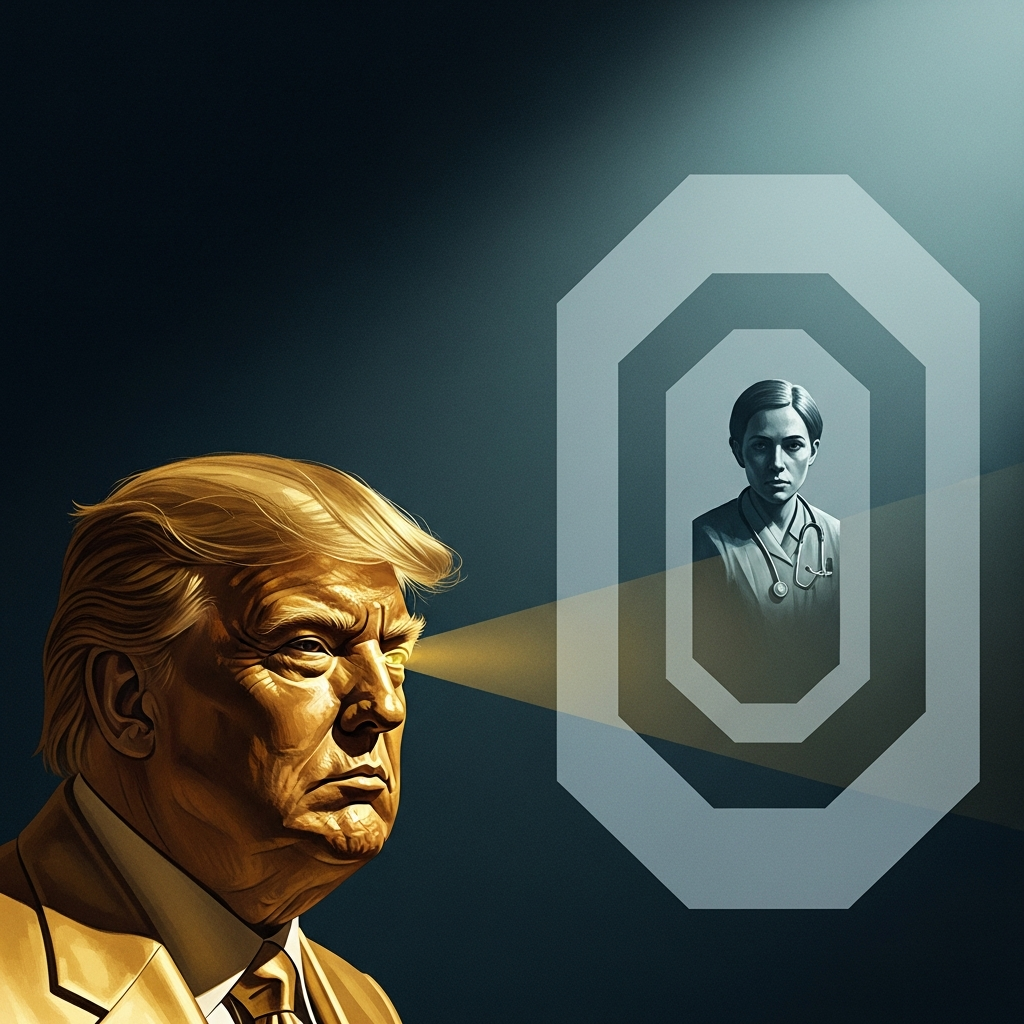A significant ruling by the Federal Administrative Court in Leipzig, Germany, has overturned a government ban on the influential far-right magazine, ‘Compact’. The decision marks a notable moment in the ongoing debate in Germany concerning the balance between protecting democratic order and upholding fundamental principles of freedom of the press and expression.
Government Ban and Justification
The ban was originally imposed in July 2024 by Germany’s Interior Ministry under then-Minister Nancy Faeser. The government’s position was that ‘Compact’ served as a “central mouthpiece of the right-wing extremist scene.” Minister Faeser asserted the magazine undermined the German constitution and incited “unspeakable hatred against Jews, against people with a migration background, and against our parliamentary democracy.” The ban specifically targeted the monthly magazine, its publishing company Compact-Magazin GmbH, and an affiliated media production firm, Conspect Film.
German domestic intelligence had classified Compact-Magazin GmbH as a “confirmed rightwing extremist” entity as early as 2021, placing it under surveillance. Authorities highlighted the magazine’s regular dissemination of antisemitic, anti-minority, historically revisionist, conspiracy theory, and pro-Kremlin content.
Court Overturns Ban, Citing Free Speech
Despite acknowledging that ‘Compact’ had published anti-constitutional content, the Leipzig court ultimately ruled that this did not meet the stringent legal threshold required for a ban. Presiding Judge Ingo Kraft emphasized that many statements, while potentially problematic, could be viewed as “exaggerated but permissible criticism.”
The court underscored that Germany’s constitution guarantees freedom of expression and freedom of the press. This fundamental protection, the court stated, extends even to those considered “enemies of the constitution,” citing a core “faith in the power of free societal debate.” The ruling highlighted the principle of proportionality, finding insufficient evidence to prove that the publisher’s anti-constitutional activities were definitively “formative” or posed a concrete threat justifying the severe measure of outlawing the publication.
This final decision follows an earlier temporary suspension of the ban by the same court in August 2024, which had already indicated the ministry failed to convincingly demonstrate that the publishers were actively agitating for the overthrow of constitutional democracy. As the Federal Administrative Court is the first and last instance for challenging association bans, its decision is final and cannot be appealed by the government.
About ‘Compact’ Magazine
Founded in 2010 by prominent far-right figure Jürgen Elsässer, ‘Compact’ operates out of Stössen, Saxony-Anhalt. It maintains a print circulation of approximately 40,000 copies and boasts a significant online presence, including a video channel, Compact TV, whose posts reportedly receive up to 460,000 clicks or page views. Despite the court’s ruling, Germany’s domestic intelligence agency continues to monitor the publication.
Wider Implications and Debate
The ruling is being interpreted in various ways across Germany. For some, it represents a setback in the fight against right-wing extremism. For others, it is hailed as an affirmation of Germany’s robust free speech standards and a demonstration of the judiciary’s role in upholding constitutional protections.
The decision has immediate ties to the fierce ongoing debate about potentially banning the far-right Alternative for Germany (AfD) party, which is also classified as right-wing extremist by intelligence services and to which ‘Compact’ is closely linked. ‘Compact’ editor-in-chief Jürgen Elsässer celebrated the verdict as a “victory,” describing his magazine as “democracy’s assault gun.” He explicitly stated the ruling would also help the AfD, suggesting that if his magazine cannot be banned, neither can the party. Björn Höcke, a prominent leader within the AfD’s radical wing, echoed this sentiment, welcoming the ruling as setting a high standard that makes bans against publications or parties like the AfD much more difficult. Elsässer has also indicated he might sue the government for damages.
The context for this case includes recent attempts by German officials to ban other anti-constitutional organizations, some linked to far-right groups. Conversely, AfD figures and far-right activists frequently claim they are being silenced by an oppressive state. This narrative has even gained international traction, with figures like US Vice President JD Vance criticizing Germany at the Munich Security Conference in February for allegedly suppressing free speech and excluding the AfD. However, critics counter that AfD politicians are regular guests on German TV talk shows and hold equal debating rights in the federal parliament, demonstrating their active participation in public discourse.
Germany’s historical experience with oppressive totalitarian regimes in the 20th century (Nazi and communist) has resulted in exceptionally high legal barriers for restricting speech and banning publications or organizations. Consequently, governmental actions to ban associations are frequently challenged in court and, as seen in the ‘Compact’ case, sometimes overturned by judges who prioritize the high bar set for limiting fundamental rights.



